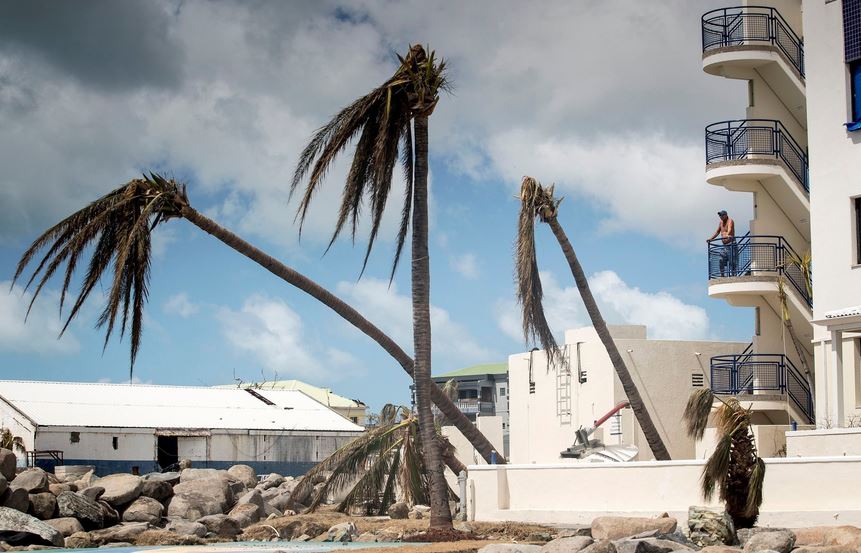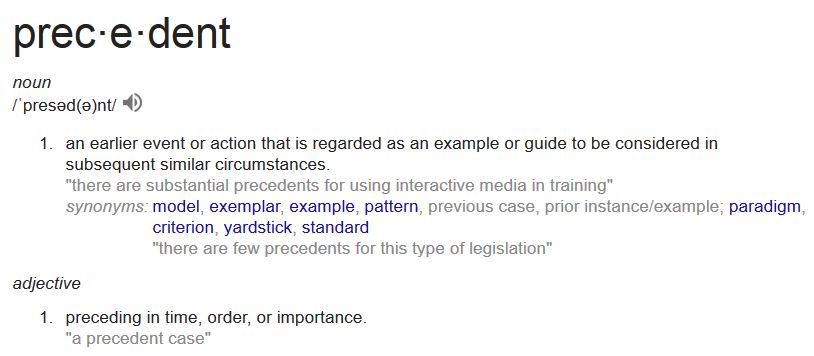
I assume you’ve heard the news of the two major hurricanes (and the damage they caused) that recently came ashore in the US — the first hitting the shores of southern Texas and then the other (this past weekend, just over a week after Texas was hit), going up the full length of Florida.
During the commentaries on these two events — whether by the media, politicians, or people who lived through them — I found it interesting how comparative analysis was deployed to make sense of the events.
Or, better put, to figure out what to do in the face of them.
For example, for many, these were “unprecedented” events — for who could have known that two would hit so close in time or that both would be so fierce?

I mostly heard this characterization coming from politicians — I’ve not done a systematic analysis, of course (what a great project, though, no?); I’ve just been listening to the news and interviews over the past couple weeks. It seems to me that they likely represent the storms in this manner for a particular reason: for if we had known that things could get this bad, if there had been a precedent, then why weren’t we better prepared? Why, I could imagine someone asking, was an army of volunteers along with their boats needed in Texas, to supplement what the government could do, or why have such major cities been built in places so easily flooded…?
So the events were utterly strange.
But the curious thing was that the exact opposite view was also represented in interviews.
For instance, when asked if these storms might persuade some that climate change is indeed real and currently at work in the world, I’ve heard responses that the storms were, instead, entirely familiar: “It’s not like we haven’t had hurricanes before” resilient-minded people respond — suggesting that we’ve had plenty of precedents for these events, making them anything but anomalous.

So are they strange or familiar? A startling call to action or a routine occurrence to be tolerated and put behind us?
It seems that the answer to that question lies in how one compares these events to others, and whether we choose to see the similarities or the differences.
